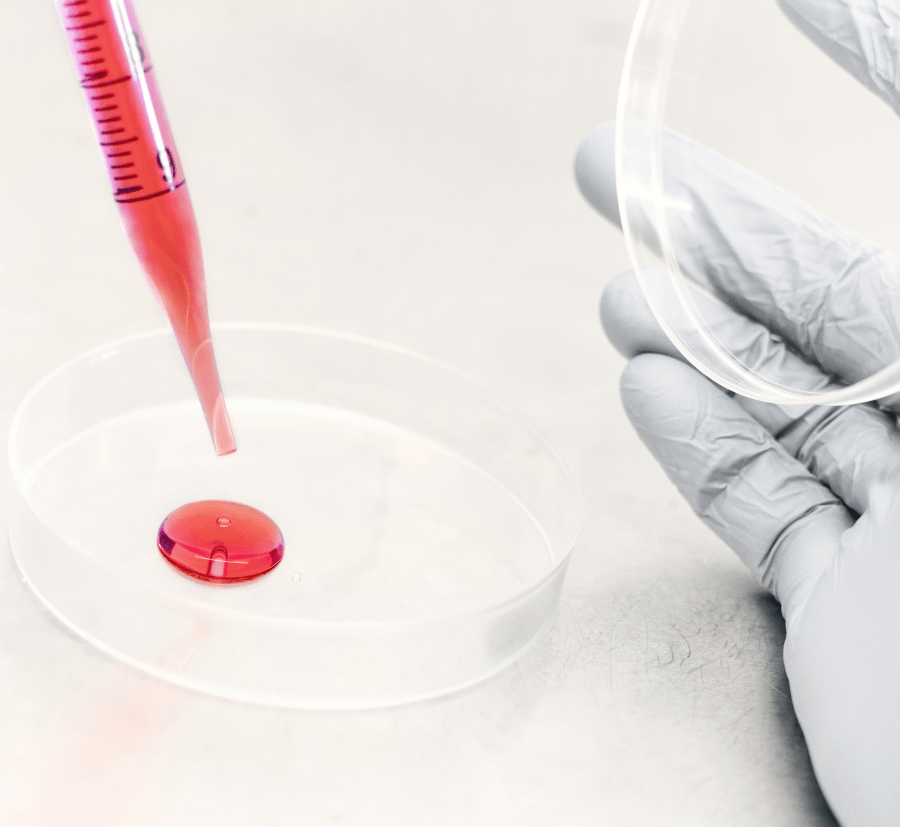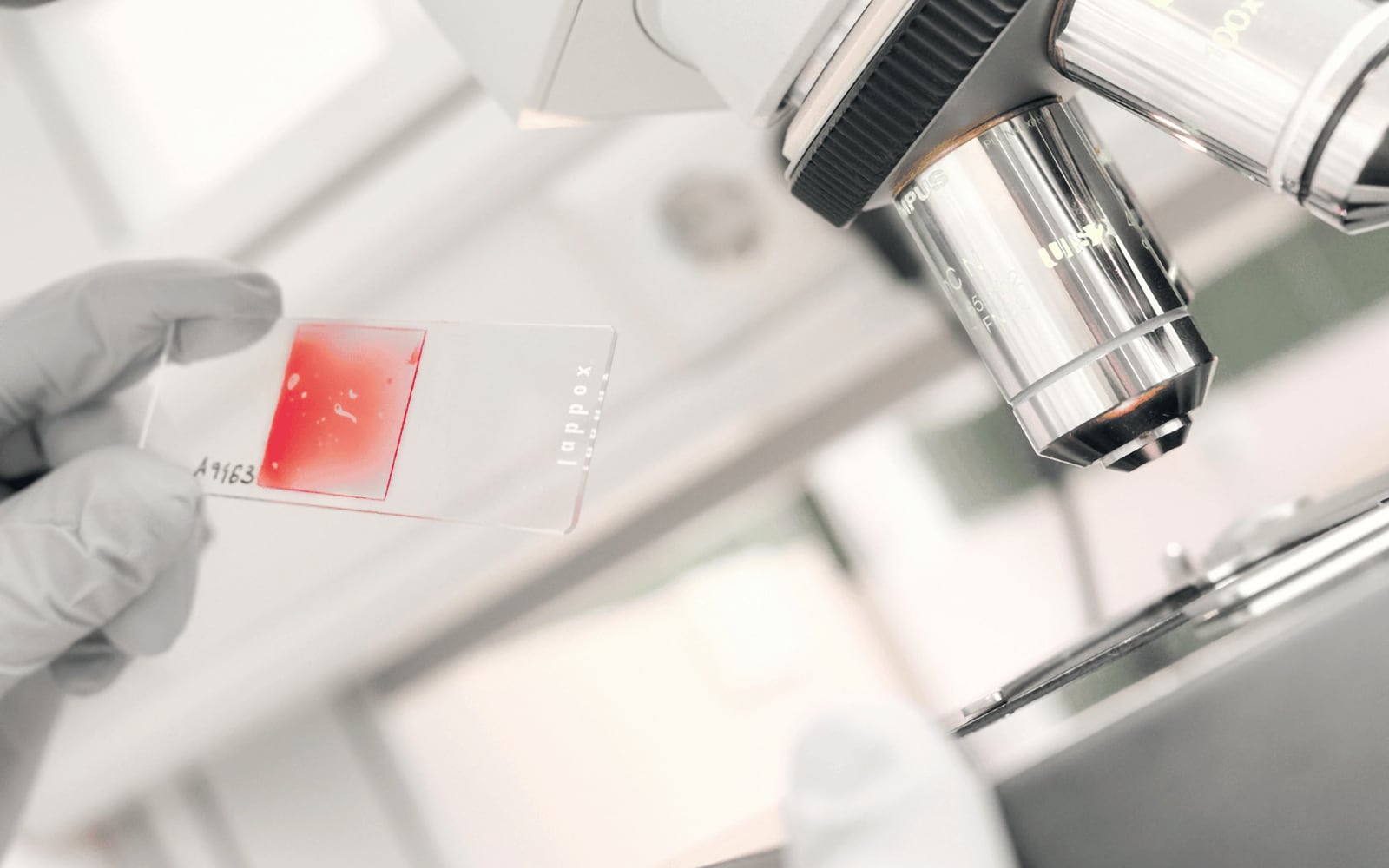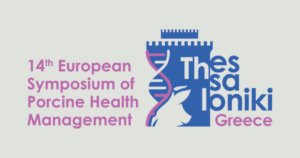Transformamos ideas innovadoras en valor tangible y significativo para la industria veterinaria.
cepas de Brachyspira hyodysenteriae en nuestro cepario
análisis de MLVA
Diagnóstico de Enteropatías
Asesoramos al cliente de forma personalizada. Ofrecemos un diagnostico rápido y fiable de las enteropatías porcinas
Toma y Envío de las Muestras

Protocolo

Hoja de Anamenesis

Tarifas de Precios

Asesoramiento
Somos líderes en investigación y desarrollo de productos biológicos y servicios innovadores para la salud animal.


Partiendo de una comprensión integral del sector veterinario, creamos soluciones innovadoras que fortalecen el control de enfermedades y promueven la sostenibilidad en la producción animal.
Unidad de Diagnóstico y Autovacunas
Enteropatías porcinas
Disentería
Ileitis
Salmonelosis
Colibacilosis
Clostridiosis
Virus de la diarrea epidémica
Rotavirus
Proyectos "a la carta"
Caracterización de cepas
Estudio salud intestinal
Y si tienes una idea en mente o un proyecto laboratorial que te gustaría llevar a cabo.
Pregúntanos.
Autovacunas
Disentería porcina
Proyectos
Los proyectos a desarrollar por Aquilón están destinados a promover mejoras en la producción animal y, sobre todo, orientados a la disminución del uso de antibióticos.
Vacunas
Brucelina
Probióticos
Doctus propriae erroribus an eam, mel agam modus civibus et, vim solet dissentiet cu velit sanctus mei.
Principal Scientist, Translational BiologyDoctus propriae erroribus an eam, mel agam modus civibus et, vim solet dissentiet cu velit sanctus mei.
PRINCIPAL SCIENTIST, TRANSLATIONAL BIOLOGYDoctus propriae erroribus an eam, mel agam modus civibus et, vim solet dissentiet cu velit sanctus mei.
Principal Scientist, Translational BiologyAL DÍA
Noticias & Novedades

- diciembre 1, 2023
Aquilón presente en A Coruña, en el congreso ANAVEPOR, 2023

- noviembre 27, 2023
Aquilón presente en el XXVI Simposio Nacional Avedila 2023

- junio 15, 2023
Asistencia de Aquilón al ESPHM 2023 en Tesalónica, Grecia
Ponte en contacto con nosotros
- Responsable: AQUILON CYL, S.L.
- Finalidad: Contactar con usted para resolver cualquier cuestion que quiera plantearnos
- Legitimación: Su consentimiento a través de este formulario.
- Destinatarios: No tenemos previso ceder sus datos a terceros, salvo por obligación legal.
- Derechos: Tiene derecho a acceder, rectificar, suprimir, portabilidad y oposición a tus datos. Los datos de contacto serán almacenados en nuestros servidor de correo
- Información adicional: puedes consultar la información adicional y detallada sobre protección de datos en el enlace al pie de esta página.
